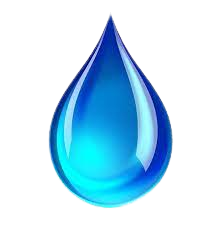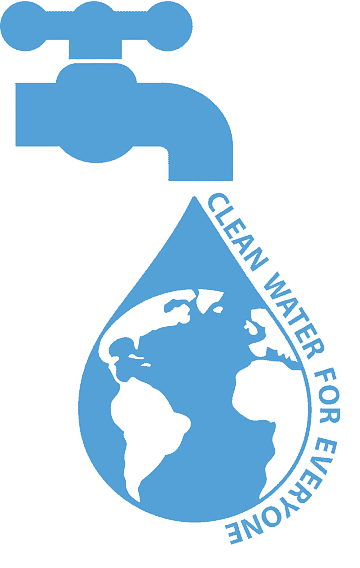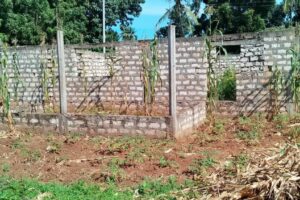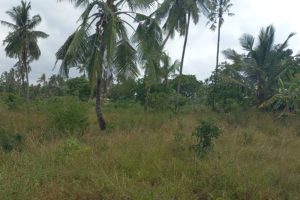sustainable water solution?
Sustainable solutions can be defined as balanced approaches that preserve the long term well-being of communities and the environment by investing in and promoting economically sound, socially desirable and environmentally healthy projects, programs, and services to achieve multiple benefits.
Introduction
Many counties in Kenya, have been grappling with the devastating effects of drought. The scarcity of water has had severe repercussions on herders, farmers, and the general population, causing loss of livelihoods and immense suffering. While the counties’ budgetary allocation focuses on the construction of water pans, questions arise when rainfall fails to replenish these water sources. Who should be held accountable for this predicament? And who truly benefits from these projects—the people of citizens or the so-called ‘tenderpreneurs’ who may be profiting from kickbacks and questionable construction practices?
Addressing the water pan dilemma
It is disheartening to witness the financial investment in water pan construction fail to alleviate the water crisis in most counties. However, despite the challenges, it is essential to explore alternative approaches that can provide sustainable water solution. One such approach is the utilization of available technology to purify and make use of even brackish or salty water sources. By investing in water purification technologies, the counties can ensure that their residents have access to clean water, regardless of its source.
Unveiling of the water pan economics
Let’s delve into the economics behind water pan construction. A medium-sized water pan can cost up to 3 million Kenyan shillings. However, a closer examination reveals that the actual expenses incurred during construction may not justify the substantial budget allocation. For instance, the machinery used for digging can cost 8,000 shillings per hour, amounting to 64,000 shillings for an 8-hour workday. When we factor in other expenses such as fuel and personnel payments, the total budget may reach around 100,000 shillings per day. Assuming the work is completed within 10 days, the total expenditure amounts to approximately 1 million shillings. Consequently, a significant profit margin of 2 million shillings remains unaccounted for.
The role of sustainable water management
The inherent challenge with water pans lies in their reliance on rainfall, which has become increasingly unpredictable due to global climatic changes. To ensure the provision of clean water residents, it is crucial for county government to adopt alternative strategies for sustainable water management. Exploring innovative water solutions such as rainwater harvesting, conservation practices, and the promotion of efficient water use can mitigate the effects of water scarcity and enhance the resilience of communities.
Way forward
The county governments must take a human rights-based approach (HRBA) to find water solution. They are duty-bearers of providing water and sanitation services to people, who are rights-holders. Rights-holders can claim their rights and duty-bearers must guarantee the rights to water and sanitation equally and without discrimination.
Conclusion
The water pan construction challenge exposes the need for a more sustainable water solution and people-centered approach to water management. By critically examining the economics behind water pan construction and acknowledging the changing climate, can pave the way for lasting water solutions. It is better to move beyond short-term fixes and embrace innovative strategies that ensure access to clean water for the people, thus transforming their lives and fostering a brighter and more resilient future.

Access to water and sanitation are recognized by the United Nations as human rights – fundamental to everyone’s health, dignity and prosperity. The right to water entitles everyone to have access to sufficient, safe, acceptable, physically accessible, and affordable water for personal and domestic use.
In our subsequent posts, we will share our perspective on potential strategies to acquire a sustainable water solution that will address Counties water challenges. These proposals aim to empower the county’s residents with access to clean and sustainable water sources, mitigating their dependence on unreliable rainfall patterns. It is time to come together as a community, transcend political boundaries, and advocate for long-term solutions that prioritize the well-being of the people over profit-driven motives.
Land surveying | Valuation & Advisory | Property & Estate Agency | Physical & Land Use Planning | Environmental Management | Architecture & Landscaping
Contact: 0113209028
Email: georole20@gmail.com | info@georole.co.ke



